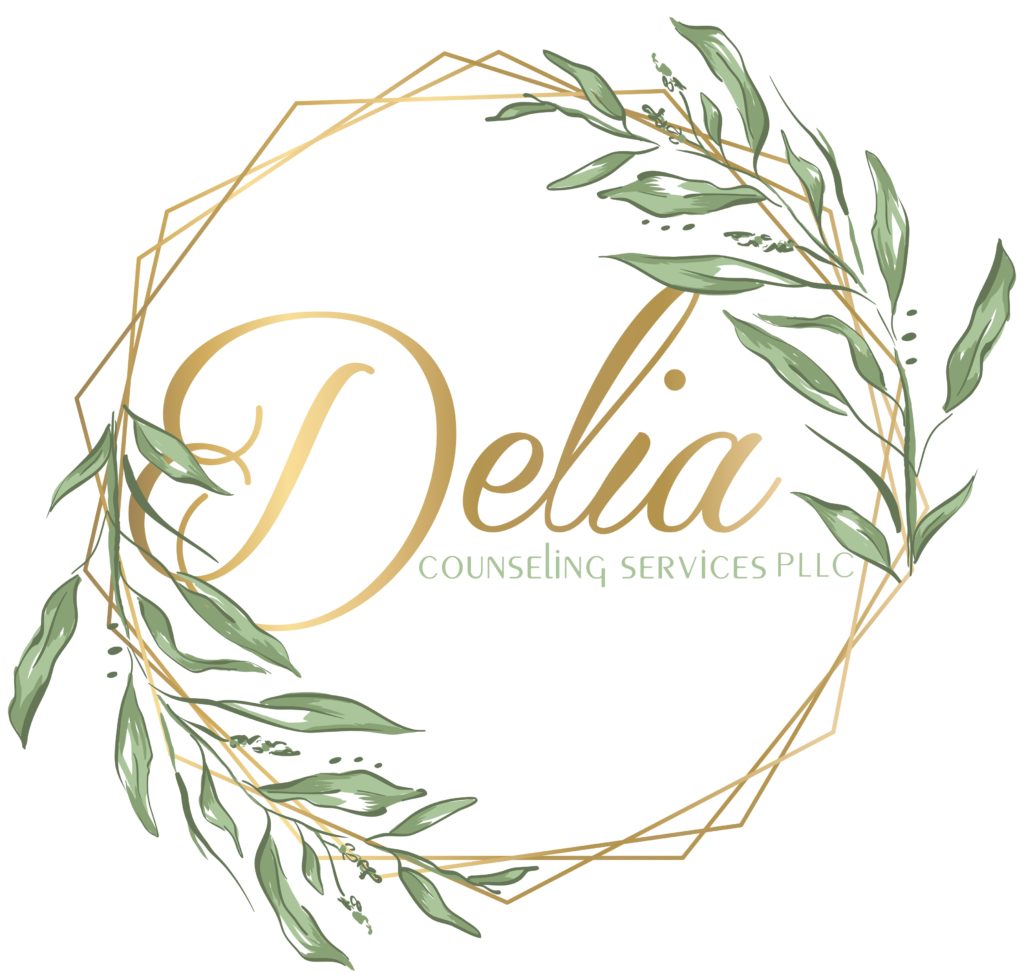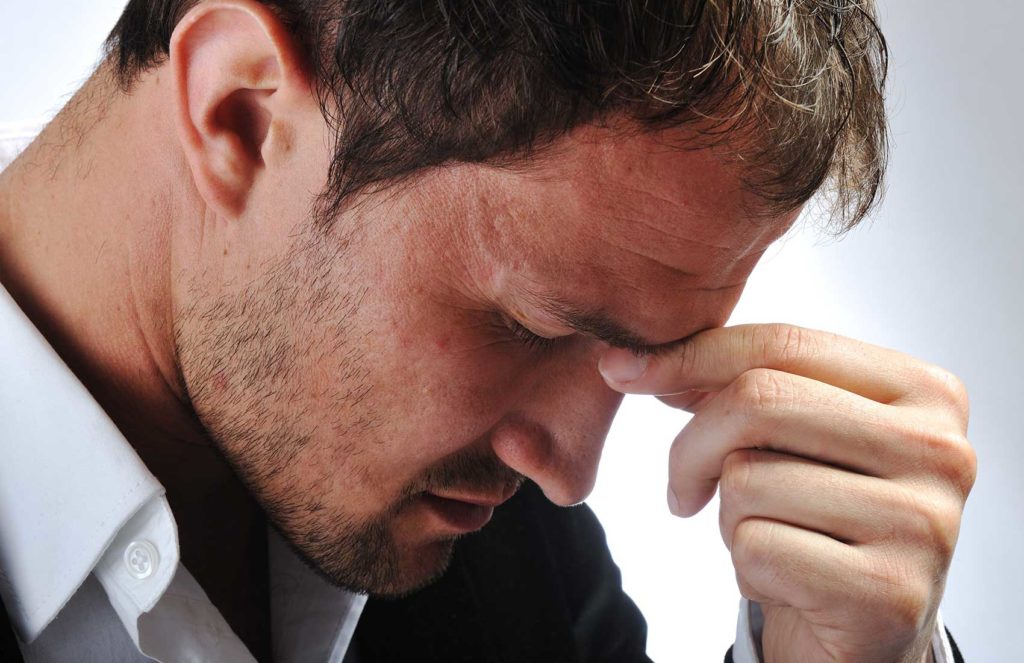Jul 31, 2023 Breaking Free: Shielding Yourself & Your Children from Toxic Relationships
Toxic relationships can have a devastating impact on our mental and emotional health at every age. They can leave us feeling isolated, worthless, and hopeless. In some cases, they can even lead to physical abuse. If you’re trying to figure out how to leave a toxic relationship with a child involved, you are probably feeling scared and alone. This balance feels impossible.
Leaving a toxic relationship where abuse is happening or likely to occur is difficult, scary and often feels isolating but there are people who can help you break free while also protecting your children at every step.
In this blog, we will discuss the signs of a toxic relationship, the impact of toxic relationships on our health, and how to break free while protecting your children from toxic relationships.
If you are in a toxic relationship, please know that you are not alone. There is help available. Please reach out to a trusted friend or family member, or contact a professional for help. You deserve to be happy and healthy.
Recognizing Toxic Relationships
Toxic relationships can be difficult to recognize, especially if you are in the middle of one. While it’s not often what we think of first, relationships can be toxic even if they are not parental or romantic. Friendships, colleagues, mentors and even sibling relationships can fall under the umbrella of toxicity. It can feel confusing, difficult or even shameful to begin to recognize these patterns in the relationships of loved ones who are also part of your children’s lives and meant to keep them safe.
However, no matter the nature of the relationship, there are some signs that can help you identify a toxic relationship. These signs include:
- Controlling behavior. This person may try to control your finances, disempower your childrens’ freedom and autonomy, restrict your or their social life, or undermine your decisions.
- Emotional abuse. The person may put you or others you love down repeatedly, make you feel guilty, or make you question your worth or deservingness to be in a position of safety.
- Physical abuse. The person may hit you, push you, or threaten you with violence. This behavior may be constant or occasional, and it may begin to extend to violent displays in front of or directed toward your children. If you are in danger or fear for your safety, please contact your local domestic violence program today.
- Gaslighting. This person may deny their behavior, make you feel like you are “crazy,” or make you question your memories. They will use their authority to restrict your children from speaking up, and negate or silence their challenges of fact or fiction.
- Isolation. The person may try to isolate your children and you from others who may recognize these signs.
If you are experiencing any of these signs, it is important to recognize that you are in a toxic relationship. Once you have recognized the problem, you can start to take steps to protect yourself, set boundaries, or get out of the relationship.
Safely Leaving a Toxic Relationship
Even if someone is not dangerous to you physically, you may now recognize that it’s not a healthy relationship and it’s time to end things and find closure. But often, it’s not that simple. Leaving a toxic relationship can be difficult, but you’re taking important steps in recognizing the process that needs to be followed. Below, we’ve listed some of the key steps in leaving and creating a safer, more positive life for your children and yourself. These steps aren’t all-inclusive, and they aren’t easy, but it’s often helpful for you to see them laid out in order to reference back to when you need to.
- Make a plan. Decide what you want to do and how you are going to do it.
- Talk to someone you trust. Talk to a friend, family member, therapist, or anyone else you trust. They can support you and help you make a plan.
- Get out of the house. If you can, stay with a friend or family member for a while. This will give you some space from your partner and help you start to heal.
- Change your phone number and email address. This will make it harder for your partner to contact you.
- Get a restraining order. If your partner is abusive, you may be able to get a restraining order against them. This will keep them away from you.
Leaving a toxic relationship is not easy, but it is possible. With help, you can break free from the relationship and create a healthier life for yourself and your children.
Protecting Your Child(ren) Before and Throughout the Transition
If you are in a toxic relationship, it is important to shield your children from its harmful impacts as much as possible. The list of ways you can protect, support and facilitate their healing below is only a starting point—you’ll find more ways that are specific to your family and experiences which will help you to hold space for their healing and support their well-being as they adjust to their new (safer) normal.
You may find you’re already taking some of these steps—take note of that and recognize the power of your intuition and actions all of your own accord. You’re already doing a great job.
Here are the next steps you can take in protecting your children:
☐ Be honest with your children about what is happening.
Explain to them that you are not in a healthy relationship and that you are trying to get out. Let them know that the relationship is not their fault and that they are not to blame for the behavior of the other person.
☐ Set boundaries with the other person.
This may mean not allowing them to see your children, or only allowing them to see your children in supervised settings at set times.
☐ Seek professional help.
A therapist can help you develop a plan to protect your children and can also provide you with support.
☐ Pay attention to your children’s behavior.
If your children are acting withdrawn, anxious, or aggressive, it may be a sign that they are being affected by the toxic relationship.
☐ Talk to your children about their feelings.
Create a safe space where your children can talk to you about their feelings about the relationship.
☐ Encourage your children to spend time with supportive adults.
This could include friends, family, or therapists.
☐ Be patient and understanding.
The transition from a toxic relationship can be difficult for everyone involved. Be patient with your children and yourself as you adjust to your new life.
☐ When necessary, seek legal protection.
If the other person in your toxic relationship is abusive, or you suspect they will take action against you or your children as you end the relationship, it may be important to seek legal protection. This could include speaking to a lawyer if you are married or in a custody agreement, seeking a restraining order or protective order, or asking for law enforcement escort if you need to be around this person. You can call, chat, or text the National Domestic Violence Hotline for emergency support or resources.
There are lots of steps you can take to empower yourself and your family to heal from this pain, and you can start taking them today. In fact, you already have just by reading this blog.
The role of CBT therapy in healing
Cognitive Behavioral Therapy, or CBT, focuses on identifying and changing negative thoughts and behaviors that contribute to the problem. For this reason and many more, it can be a powerful tool in healing from a toxic relationship that often leaves behind trauma you must now work through.
One of the main goals of CBT is to help people understand how their thoughts and behaviors affect their emotions. For example, if someone is in a toxic relationship, they may have negative thoughts about themselves, such as “I am not good enough” or “I deserve to be treated this way.” These negative thoughts can lead to negative emotions, such as sadness, anxiety, and anger.
CBT can help people challenge negative thoughts and replace them with more positive ones. For example, someone might learn to think “I am a good person who deserves to be treated with respect” instead of “I am not good enough.”
Cognitive Behavioral Therapy can also help people change their behaviors. For example, someone might learn to set boundaries with their partner or to walk away from situations that are not healthy instead of staying in toxic situations out of fear.
CBT is a short-term therapy that can be effective in helping people heal from toxic relationships. If you are interested in learning more about CBT, you can talk to your therapist or a mental health professional.
Here are 5 of the benefits of working with a CBT therapist to recover from a toxic relationship:
- Identify and challenge negative thoughts and beliefs.
- Gain a deeper understanding of your emotions, needs, and goals.
- Develop healthier coping mechanisms.
- Improve your communication skills.
- Build a stronger sense of self-worth.
If you are in a toxic relationship, CBT therapy can be a valuable piece of your healing process. With the help of a therapist, you can learn to identify and change the negative thoughts and behaviors that are keeping you stuck. You can also learn to develop healthier coping mechanisms and build a stronger sense of self-worth.
Feeling safe in your support system
One of the most important things you can do if you are in a toxic relationship is to build a strong support system that you can rely on to grow with you through success and struggle. This means having people in your life who you can trust and who will support you. I know this is a difficult time for you, but I want you to know that you are not alone. Your support system can be made up of people from all areas of your life. It may include friends, family, therapists, or anyone else you feel comfortable talking to.
It is important to feel safe in your support system. This means that you feel comfortable talking to them about your relationship, and that you know they will not judge you. It also means that you feel like they are there for you, and that they will support you no matter what.
If you do not have a strong support system, it is important to start building one. Talk to your friends and family about your relationship, and gauge their reaction to what you’re willing to share. This will give you some insight into their dependability. For another source of community, you can also join support groups or find a therapist near you who can help.
Having a strong support system is essential if you are trying to break free from a toxic relationship. Your support system can help you stay safe, and they can help you through the difficult times.
You can build a strong support system with small steps like these.
- Speak to your friends and family. Let them know what you are going through, and see if they are willing to be there for you.
- Join a support group. There are many online and in-person support groups available for people who are in toxic relationships. These groups can provide you with community and understanding.
- Find a therapist. A therapist can help you process your emotions and develop coping mechanisms. They can also help you create a plan to break free from your toxic relationship.
Since support is such a central part of healing and protecting your children, it’s important that you remember to get support for yourself as well.
Rebuilding and healing for yourself matters too
Your thought patterns, personal beliefs, and coping mechanisms are impacted in huge ways as you work to protect your most cherished loved ones from pain and abusive cycles. While that may not be your first priority, it is a core part of helping create safety for your children. To truly find your freedom, your safety and healing must be a priority too.
If you are in a toxic relationship, or if you are concerned that your children are being exposed to a toxic relationship and you live in Washington or Florida, please reach out to Delia Counseling Services. I am a licensed clinical social worker specializing in helping people break free from toxic relationships, by starting with the things you can control.
You deserve power in your life right now and we will work together to help you return to a space where you feel confident and safe. We offer individual counseling in-person in Yakima, Washington, or online across Washington and Florida.
It is possible to move forward safely for your children and yourself. I can help empower you to do so. Request your free consultation today. Through CBT, trauma healing is a focus of Delia Counseling Services.
Delia Counseling Services provides quality CBT (Cognitive Behavioral Therapy) for anxiety, depression, grief and loss, relationship concerns, and life transitions. Susan Delia serves Cognitive Behavioral Therapy clients online in Florida and online and in-person in the Yakima, Washington area, including zip codes 98902 and 98901 and beyond.


The Surprising Drawbacks of Getting a Mental Health Diagnosis as an Adult

Building Inner Peace in Your Life in Time for International Day of Peace

How to Harness Hope When Healing

The Allure of Negativity and the Power of Your Thoughts to Overcome it

Navigating Life Transitions for Everyday Change

How To Deal With Depression Due to the Pandemic
- « Previous
- 1
- 2


